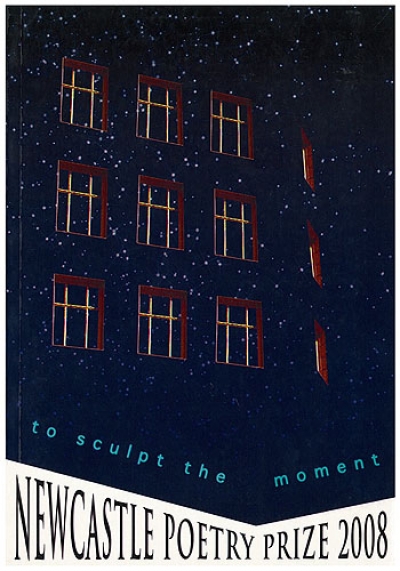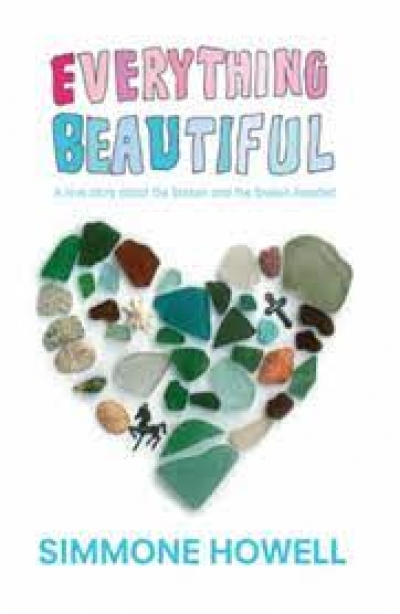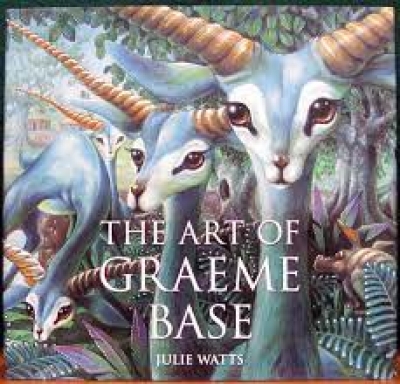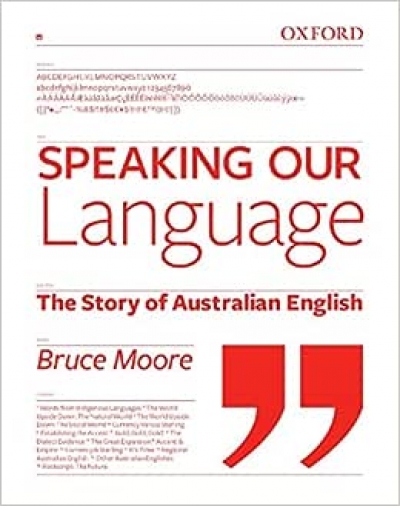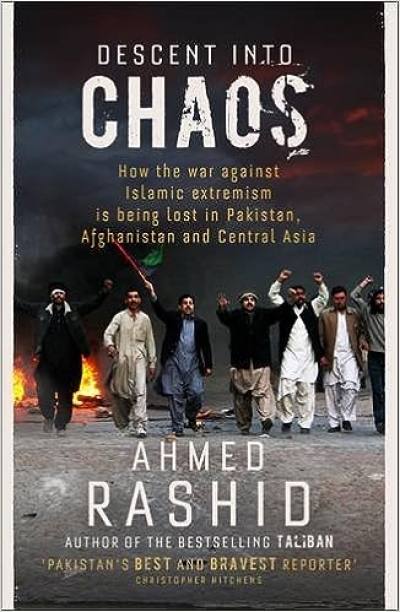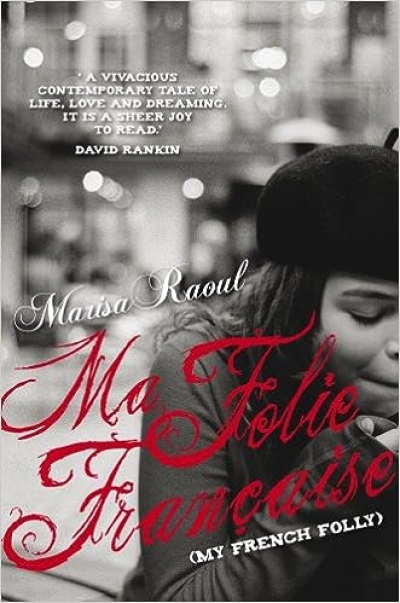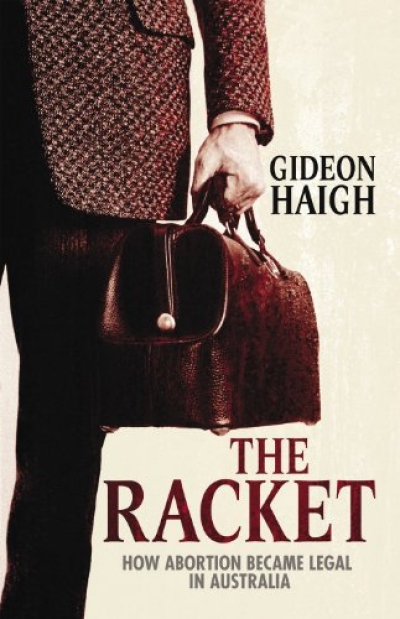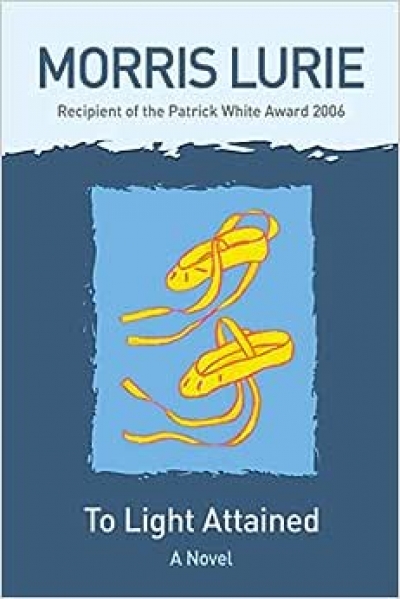Archive
To Sculpt The Moment: Newcastle Poetry Prize Anthology 2008 edited by Hunter Writers’ Centre
by Anthony Lynch •
The Art of Graeme Base by Julie Watts
It’s midnight now and sounds like midnight then,
The words like distant stars that faintly grace
The all-pervading dark of space,
But not meant for the world of men.
It’s not what we forget
But what was never known we most regret
Discovery of. Checking one last cassette
Among my old unlabelled discards, few
Of which reward the playing, I find you.
Speaking our Language: The story of Australian English by Bruce Moore
by Sarah Ogilvie •
Descent into Chaos: How the war against Islamic extremism is being lost in Pakistan, Afghanistan and Central Asia by Ahmed Rashid
by Riaz Hassan •
The Racket: How abortion became legal in Australia by Gideon Haigh
by Lisa Featherstone •
Past the final service station
into the green beyond of paddocks
soon to be carved up, quartered,
then watched over by streetlights.
In the post-work haze, nostalgia reigns:
lonely crossroads, abandoned weatherboards,
paddocks stretching down to the sea.

